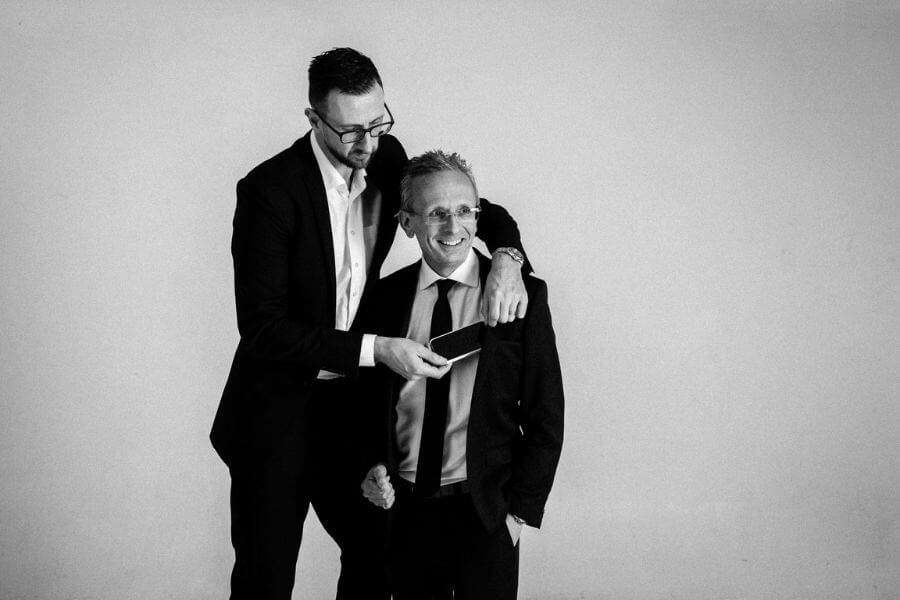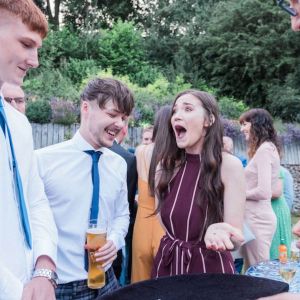In a world where hobbies range from the mundane to the absolutely bizarre, close-up magic stands out as a unique art form that’s more than just a party trick. While some might dismiss it as mere sleight of hand designed to impress the gullible, there’s a lot more to it. Learning close-up magic isn’t just about performing tricks; it’s a pathway to personal growth that can take you places, both literally and figuratively.
The Art and Science of Magic
Close-up magic is a fascinating blend of art and science. It demands a deep understanding of human psychology, an appreciation for the finer aspects of performance, and an unyielding dedication to practice. It’s not just about learning how to palm a card or make a coin disappear; it’s about mastering the art of deception in a way that leaves your audience in awe. Each trick is a puzzle, requiring critical thinking and problem-solving skills that can rival those of a chess grandmaster.
And let’s not forget the sheer dexterity involved. Your hands become instruments of wonder, executing movements so precise that they can deceive even the keenest eye. This isn’t just good for your motor skills; it’s a workout for your brain, too.
Personal Development
Here’s the kicker – learning close-up magic does wonders for your personal development. First off, it boosts your confidence. There’s something incredibly empowering about having a few tricks up your sleeve (pun intended). Knowing you can captivate a room with just a deck of cards gives you an edge in social situations.
Then there’s the communication aspect. Performing magic involves storytelling, engaging your audience, and keeping their attention. These are invaluable skills that translate well into everyday life, making you a more compelling speaker and a better listener.
From a cognitive perspective, magic hones your critical thinking and problem-solving abilities. Each trick poses a unique challenge that requires creative thinking and meticulous planning. You’re not just learning how to perform; you’re training your brain to think outside the box.
Journey of a Magician
Take David, for example. By day, he’s an ordinary accountant; by night, he’s a mesmerising magician. David’s foray into magic started as a simple hobby to impress friends at parties. But as he delved deeper, he found that the skills he was developing had far-reaching impacts on his professional life. His newfound confidence made him a better communicator at work, and his improved problem-solving abilities were soon noticed by his superiors. David now travels around the world, performing as a corporate magician at events and private functions, all thanks to his passion for close-up magic.
Or consider Lauren, a shy university student who struggled with public speaking. After a few months of practicing magic, she found herself more comfortable in front of crowds. The same hands that once trembled holding a note card now seamlessly shuffle and manipulate decks of cards to the amazement of her peers.
Conclusion
In the end, learning close-up magic is not just about pulling rabbits out of hats or making things disappear. It’s a holistic experience that fosters personal growth in unexpected ways. From boosting your confidence and enhancing your social skills to improving your cognitive and motor abilities, the benefits are manifold.
If you’re looking for a hobby that’s as enriching as it is entertaining, give close-up magic a try. You might just find that the real magic lies not in the tricks themselves, but in the transformation they bring about in you.







